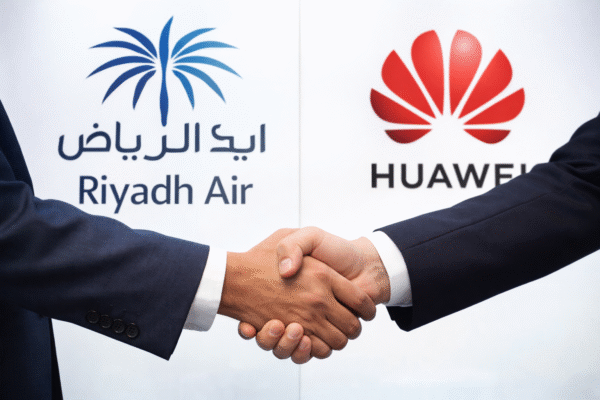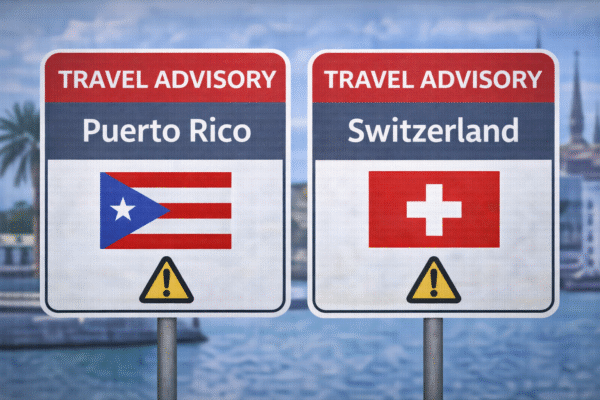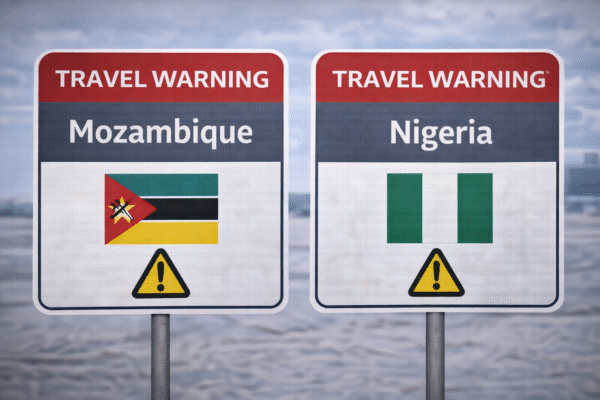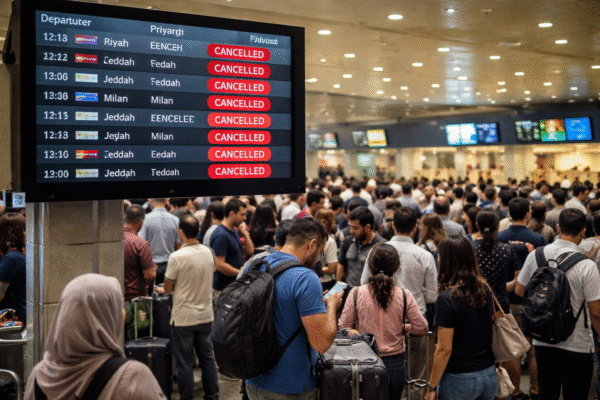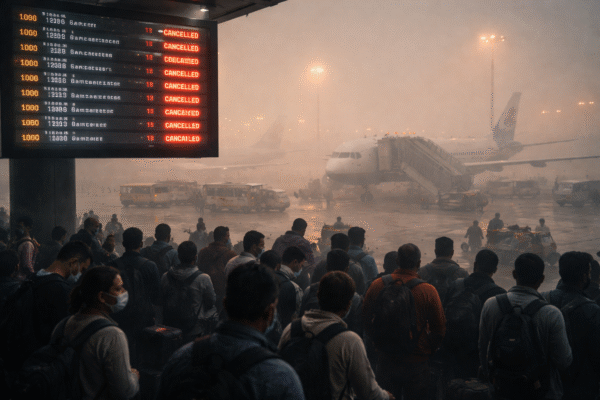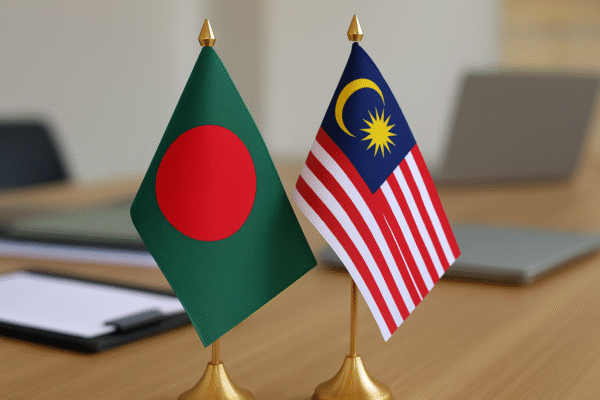In a strategic move to address ongoing labor shortages, Malaysia has reopened the door to recruit Bangladeshi workers specifically for its Construction and Tourism sectors. The initiative targets those who were previously unable to meet the May 31, 2024 deadline, offering them a renewed opportunity through official channels. The drive is managed by Bangladesh Overseas Employment and Services Limited (BOESL) and follows protocols that prioritize transparency and fraud prevention.
The announcement, formally confirmed by the Bangladesh High Commission in Kuala Lumpur, comes in response to growing concerns over labor fraud and illegal recruitment schemes. With construction projects expanding and tourism gradually recovering post-pandemic, the need for a dependable labor force has become increasingly urgent.
Transparent Recruitment Platforms: FWCMS and CLAB
To ensure a secure and efficient recruitment process, Malaysia has instituted two key digital systems:
- Tourism Sector: All applications must be submitted through the Foreign Workers Centralized Management System (FWCMS). This integrated online portal streamlines documentation, application tracking, and employer verification, significantly reducing the risk of unregulated hiring.
- Construction Sector: Applications are funneled through the Construction Labour Exchange Centre Berhad (CLAB). Once verified, CLAB forwards them to FWCMS for final processing. This dual-channel ensures checks and balances, minimizing administrative delays and fraudulent entry.
These digital infrastructures reflect Malaysia’s intent to modernize labor mobility while maintaining regulatory oversight.
Mandatory Document Verification at the Bangladesh High Commission
To uphold the legitimacy of applications, all candidates must submit both original and photocopied documents to the Bangladesh High Commission in Kuala Lumpur. This verification process—coordinated in tandem with Malaysian authorities—ensures that the documents are not falsified and that each applicant meets eligibility requirements.
The added verification layer is particularly vital in light of recent reports of fake job offers and counterfeit documents. By involving both governments, the new policy enhances credibility and protects both job seekers and employers.
Combating Scams and Fraud: No Recruitment for Sabah
A surge in fraudulent job offers, particularly targeting Malaysian Sabah province, has prompted warnings from the Bangladesh High Commission. According to official sources, there is no existing Memorandum of Understanding (MoU) between Bangladesh and Malaysia specifically for Sabah-based recruitment.
Scammers have exploited this loophole to lure unsuspecting job seekers into illegitimate deals. The High Commission has formally advised workers to reject unofficial offers, especially those promoted through social media or unauthorized agents. All recruitment must proceed via BOESL, FWCMS, or CLAB—no exceptions.
This public advisory not only safeguards workers’ interests but reinforces diplomatic accountability between the two nations.
Benefits to Workers and Employers
For Bangladeshi Workers:
- Legitimacy & Protection: Workers recruited through BOESL and processed via FWCMS/CLAB are assured of legal job placement, eliminating the risk of human trafficking and wage exploitation.
- Documented Employment: Verified job status ensures workers can access healthcare, insurance, and legal protections under Malaysia’s labor laws.
- Avoiding Middlemen: A centralized, digital recruitment system bypasses the need for third-party agents who often inflate costs or provide false documentation.
For Malaysian Employers:
- Skilled Labor Access: Employers in tourism and construction—two of Malaysia’s most vital sectors—gain access to a consistent and vetted labor pool.
- Regulatory Compliance: With government-backed systems in place, companies avoid fines and legal repercussions associated with illegal hiring.
- Operational Efficiency: Clear documentation and digital tracking streamline the onboarding process, helping businesses keep up with project deadlines and tourism demands.
Malaysia’s Economic Imperative: Tourism and Construction Recovery
Malaysia’s decision to focus on tourism and construction is both strategic and economic. According to Tourism Malaysia, the nation is targeting over 23 million tourist arrivals in 2025, with infrastructure development and service delivery playing critical roles in meeting these expectations.
Similarly, the Ministry of Works Malaysia has outlined billions in budgeted projects for 2025–2027, ranging from expressway developments to urban housing. Labor shortages in both sectors had reached critical levels earlier this year, making this renewed recruitment push not just timely but essential.
Looking Ahead: Strengthening Bilateral Labor Ties
This recruitment initiative highlights the continued bilateral cooperation between Malaysia and Bangladesh in managing labor migration responsibly. With the Bangladesh High Commission closely involved in vetting and Malaysia providing streamlined platforms for processing, the model sets a regional benchmark for ethical recruitment.
Future recruitment plans may be expanded to include additional sectors such as hospitality, healthcare, and manufacturing, depending on market needs and labor demands.
Conclusion
Malaysia’s new recruitment pathway for Bangladeshi workers in the construction and tourism sectors signals a critical shift toward safer, regulated, and mutually beneficial labor migration. By enforcing official protocols through BOESL, FWCMS, and CLAB, and involving the Bangladesh High Commission for document verification, both countries are working to eliminate scams and ensure transparency.
For Bangladeshi workers, this offers a lifeline to stable employment in a recovering economy. For Malaysia, it provides the workforce necessary to drive growth in vital industries. As long as the recruitment process remains transparent, ethical, and digitally managed, this initiative could serve as a blueprint for labor migration reform in the broader Southeast Asian region.
For more travel news like this, keep reading Global Travel Wire


